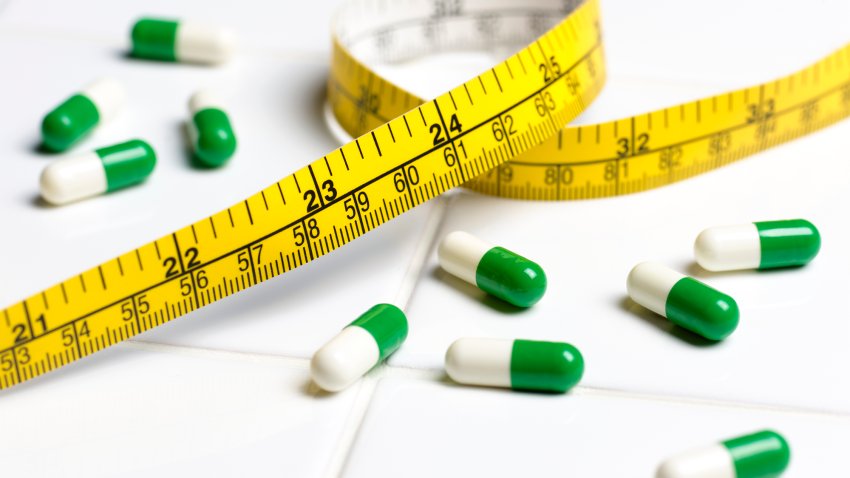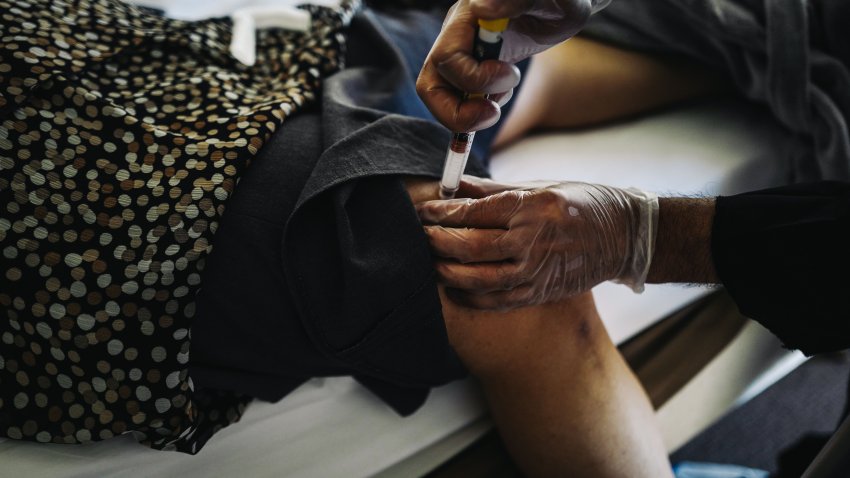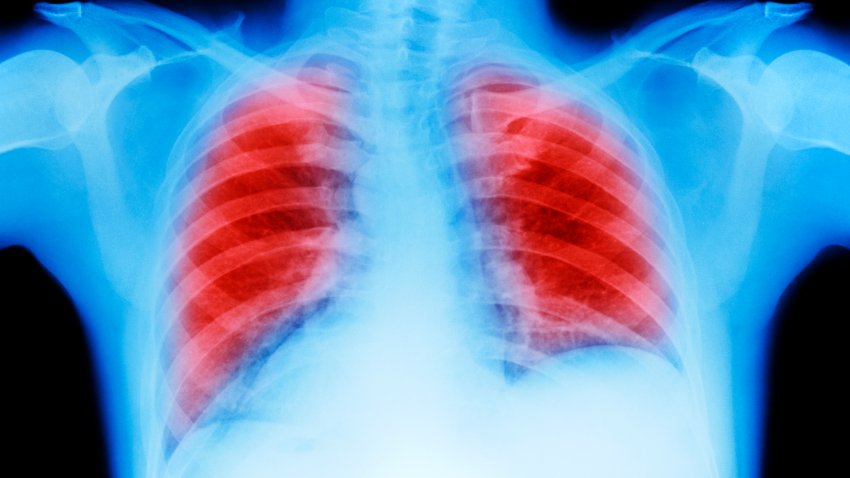-

Effectiveness, Side Effects and More: What to Know About Prescription Drugs Promising Weight Loss
Obesity is linked to scores of health problems that can lead to disability or even death, including high blood pressure, diabetes, heart disease, stroke, cancer and joint problems.
-

Shortage of Penicillin Limits Access to the Go-to Drug for Syphilis
The Food and Drug Administration on Wednesday reported a shortage of an injectable form of penicillin, an antibiotic used to treat syphilis and other bacterial infections like strep throat.
-

Mediterranean Diet Is Associated With a Lower Risk of Type 2 Diabetes, Study Finds
Even a small improvement in adherence to a Mediterranean diet could meaningfully reduce your risk of Type 2 diabetes, a new study finds.
-

A Fungal Infection Is Spreading Thanks to Climate Change, and Experts Are Concerned
A dangerous and potentially deadly fungal infection is spreading fast, and researchers say our changing climate is partly to blame.
-

Adults Are Getting Allergies for the First Time. Thanks, Climate Change.
A ‘pollen storm’ and longer allergy seasons are sending a growing number of adults in search of relief.
-

Parents Who Raise Successful Kids Never Use These 5 Toxic Phrases, Says Ivy League Child Psychologist
Certain phrases could “inadvertently shame” your child and cause lasting damage to their self-esteem, says Dr. Tovah Klein. Here’s what you can say instead.
-

Risk of Death from Melanoma Drops With Personalized mRNA Vaccine, Study Shows
Merck and Moderna plan to expand the vaccine’s use against additional kinds of tumors.
-

Richard Engel's Son Died of Rett Syndrome. His Cells May Help Find a Cure, His Doctor Says
Henry Engel, the 6-year-old son of NBC News chief foreign correspondent Richard Engel, died last year of Rett syndrome. His cells are being used in cutting-edge research.
-

A Woman With Tuberculosis Took a Bus to a Casino While Officer With a Warrant for Her Arrest Let Her Go
The woman has refused numerous orders to isolate. It isn’t clear why the officer didn’t take her into custody.
-

Eli Lilly Says Experimental Alzheimer's Drug Reduces Brain Plaque in Early Study
Eli Lilly said a higher dose of the up-and-coming Alzheimer’s treatment remternetug had a larger effect on clearing amyloid plaque.
-

Possible Culprit Identified in Outbreak of Severe Liver Damage Cases in Children
Children who had unexplained severe liver inflammation were infected with as many as four viruses at once, new research shows.
-

Their Infants Stopped Breathing. Moms Share Their Experiences With BRUE
A viral TikTok video is raising awareness about an alarming medical event that can affect infants.
-

CDC Warns of ‘Concerning' Rise in Deadly Fungal Infection
The fungus, called Candida auris, was first reported in the United States in 2016.
-

What to Know About Babesiosis
The tick-borne disease is spreading in the U.S., according to a CDC report.
-

Babesiosis Cases Rise in the US. What You Should Know About This Tick-Borne Disease, According to Experts
Cases of a worldwide tick-borne disease have significantly increased in the Northeastern United States between 2011 and 2019, according to a new report by the Centers for Disease Control and Prevention.
-

New Double Lung Transplant Technique Saves 2 Late-Stage Cancer Patients
Using knowledge learned during the Covid pandemic, surgeons at Northwestern Medicine in Chicago successfully performed double lung transplantations in two patients with stage 4 cancer.
-

Most Men With Prostate Cancer Can Avoid or Delay Treatment, Study Finds
A study finds long-term evidence that actively monitoring localized prostate cancer can be a safe alternative to immediate surgery or radiation.
-

3 Myths About Daylight Saving Time
Benjamin Franklin gets credit for a lot of things, but creating Daylight Saving Time shouldn’t be one of them.
-

Why Are So Many Bags of Chips Half Full?
You go to a grocery store, you buy a massive bag of potato chips and open it—only to find that only about half of the bag has chips. Turns out, there’s a scientific reason for that.
-

What Is Insulin?
Insulin plays an essential role in the human body, especially for the 37.3 million people in the U.S. who have diabetes, according to the National Diabetes Statistics Report.

